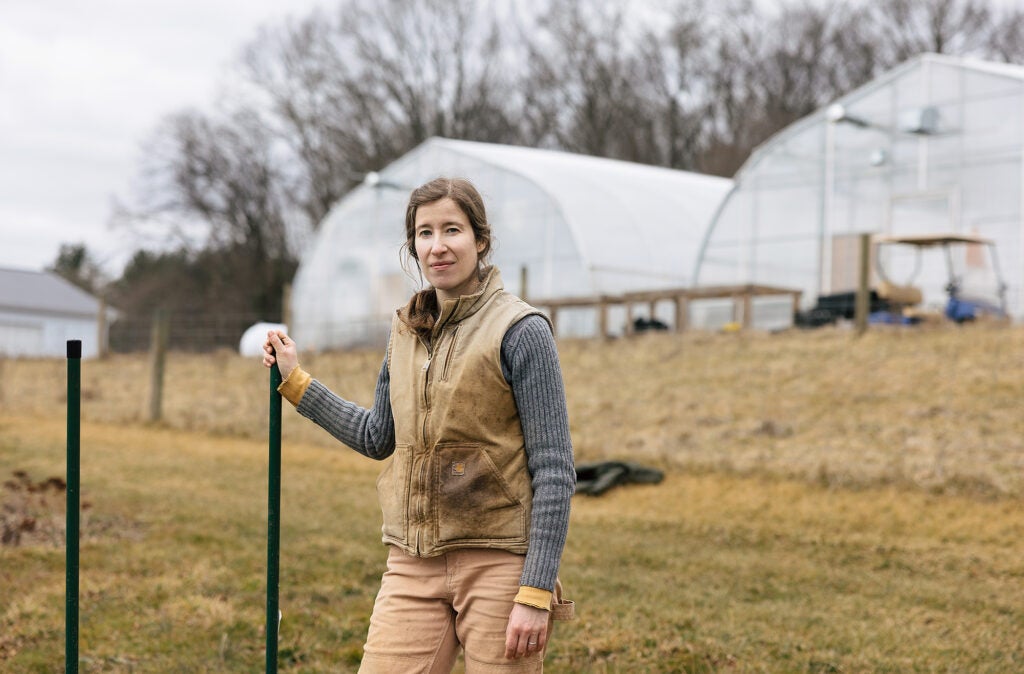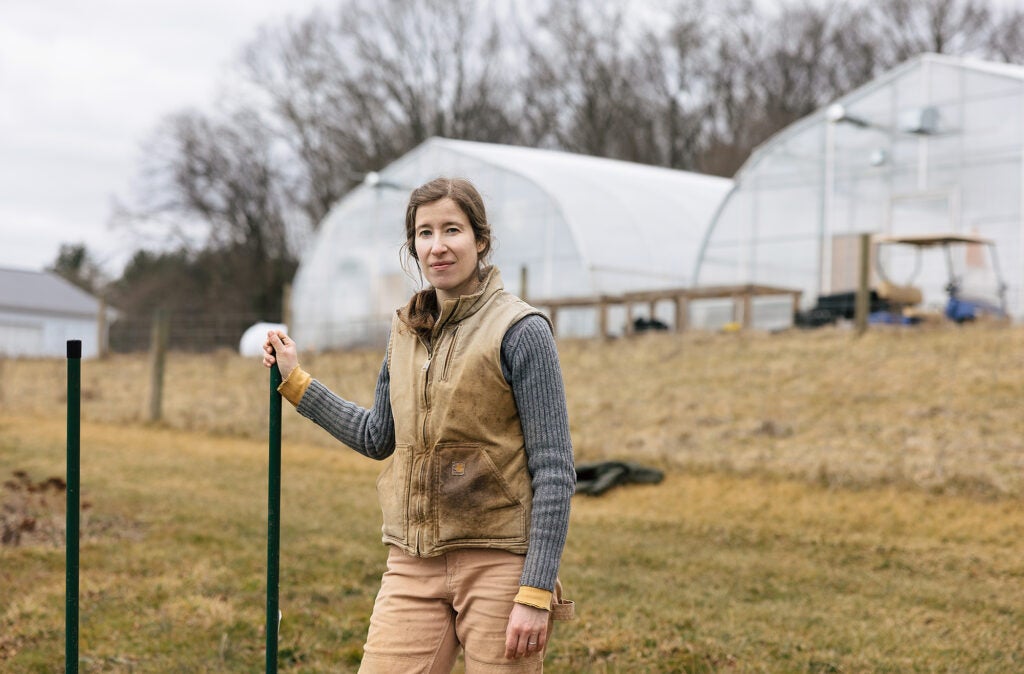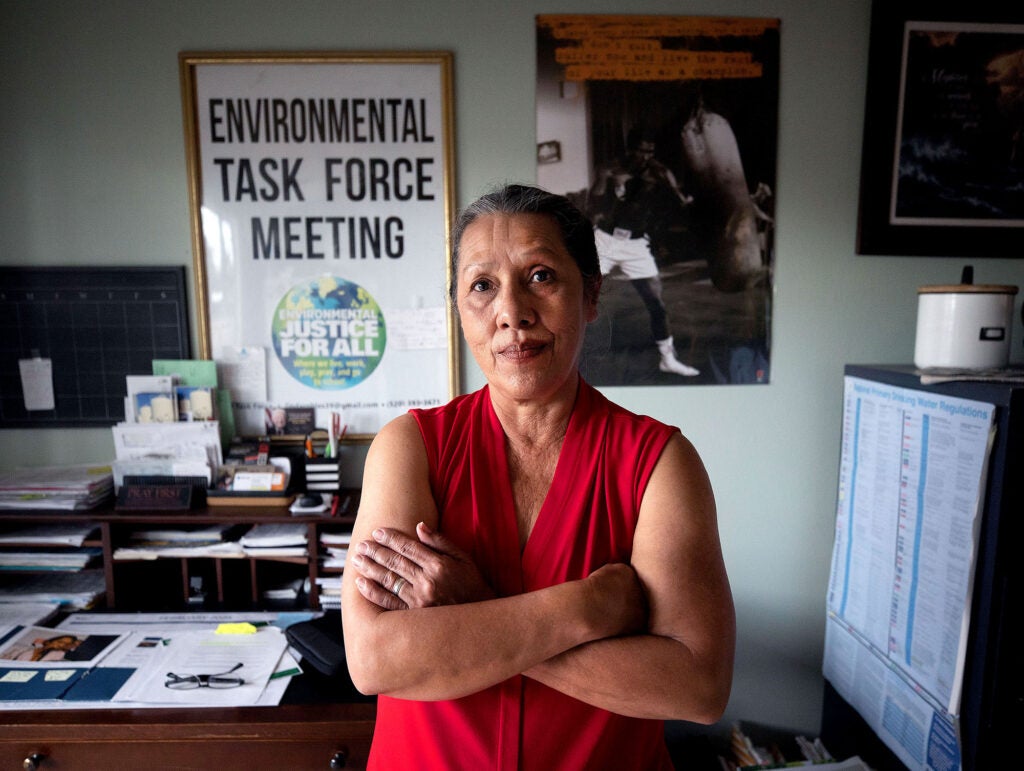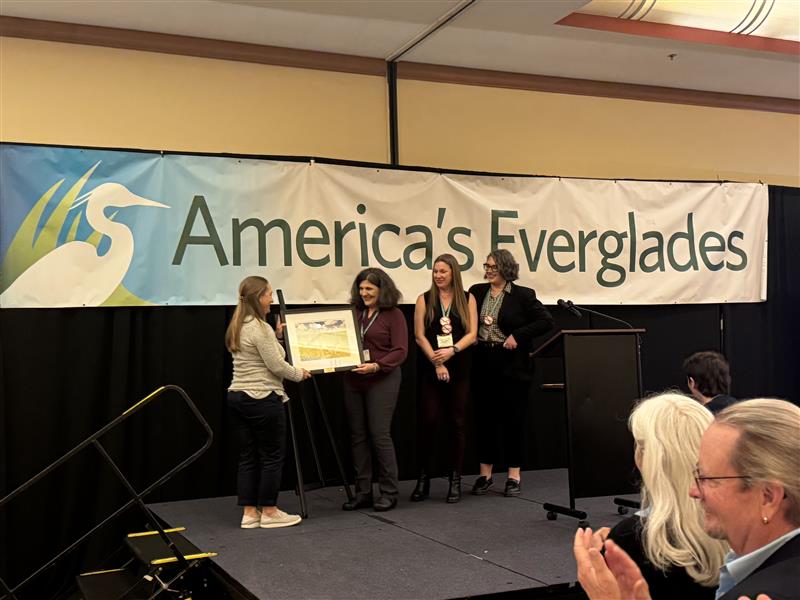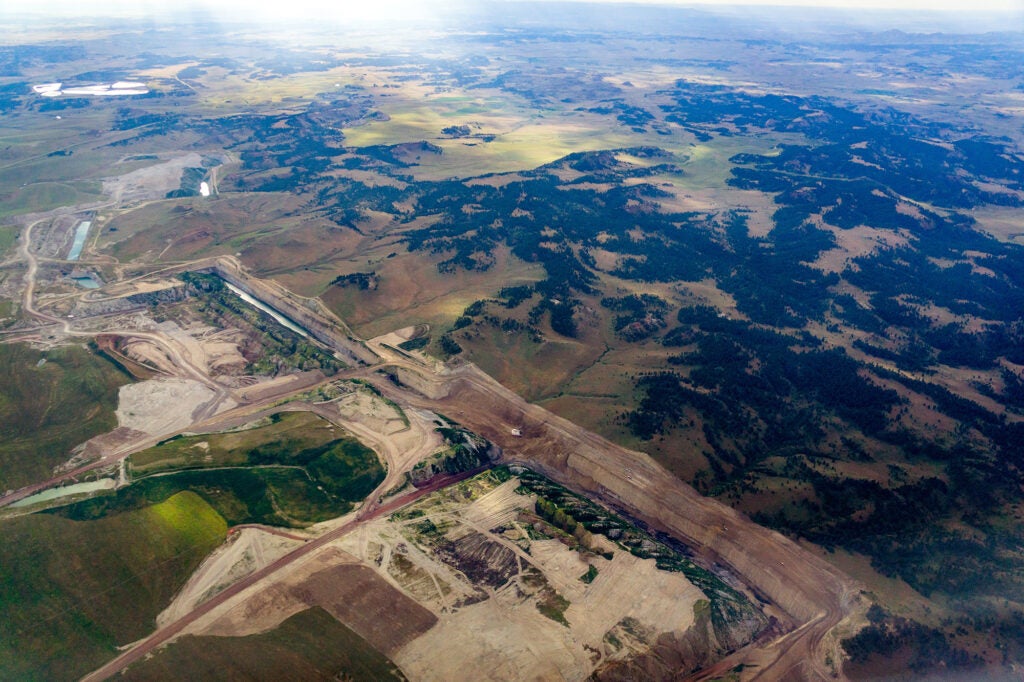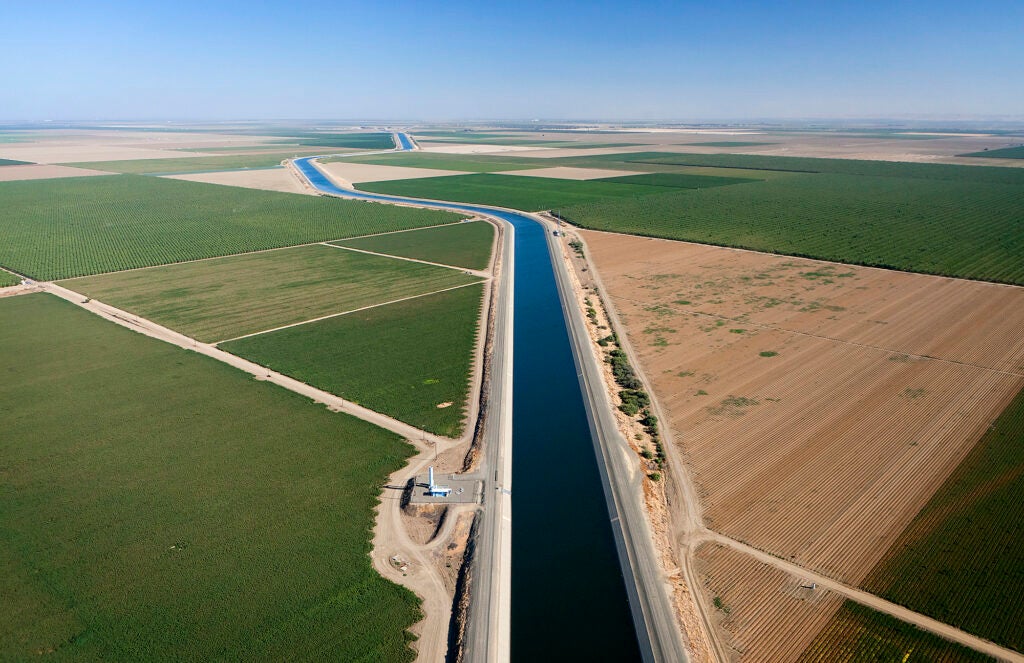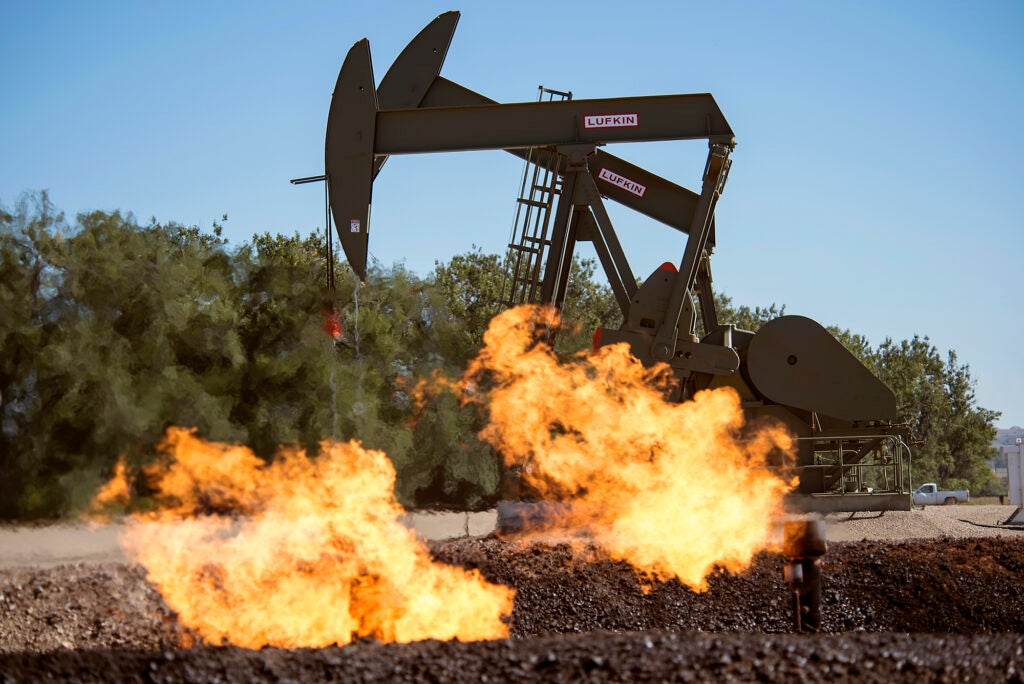Uncategorized
We’re Suing Trump for Abandoning Federal Funding Promises
The Trump administration is reneging on the federal government’s funding promises, leading to lost compensation to workers, hiring freezes, and halted construction projects.
Read MoreElla Confió en la Promesa del Gobierno De Ayudar a Los Agricultores. Hasta Que Intervino Trump.
La administración Trump está incumpliendo las promesas de financiación del gobierno federal, lo que ha provocado pérdidas de compensaciones a los trabajadores, congelamientos de contrataciones y una pausa en proyectos de construcción.
Read MoreHer Family Moved to Escape This Deadly Chemical — But It Followed
Lawmakers are trying to overturn a ban on trichloroethylene, a widely-used solvent linked to cancer and Parkinson’s disease. Here’s what it is, and one family’s story after being exposed.
Read MoreNew York’s Climate Law Is a Beacon in Trump’s Smog
While the administration denies climate science, Earthjustice is using groundbreaking state laws to continue making climate progress.
Read MoreCongestion Pricing is a Big Win for Clean Air. We’re Suing Trump to Keep It.
The program is raising millions for public transit improvements and significantly reducing traffic.
Read MoreFlorida Office Attorneys Honored
State conservationists award team for litigation that protects the Florida wetlands.
Read More10 Ways We’ll Fight the Trump Administration to Protect Our Environment
Earthjustice will use the power of the law to defend the right to a healthy environment.
Read MoreOur Communities Can’t Afford More Coal Pollution, So We’re Going to Court
Coal is an expensive, dirty, and dangerous energy source. We’re not going back to it.
Read MoreHere’s What Trump’s Really Up to With His Response to L.A. Fires
Trump’s actions would drain freshwater from a 1,000-square-mile estuary that provides drinking water to millions of people, irrigates the surrounding farmland, and sustains a salmon fishing industry.
Read MoreTrump Unveiled His Fossil Fuel Agenda. We’ll Fight for a Clean Energy Future Instead.
A raft of executive orders envisions sweeping fossil fuel extraction on federal lands, waters
Read More